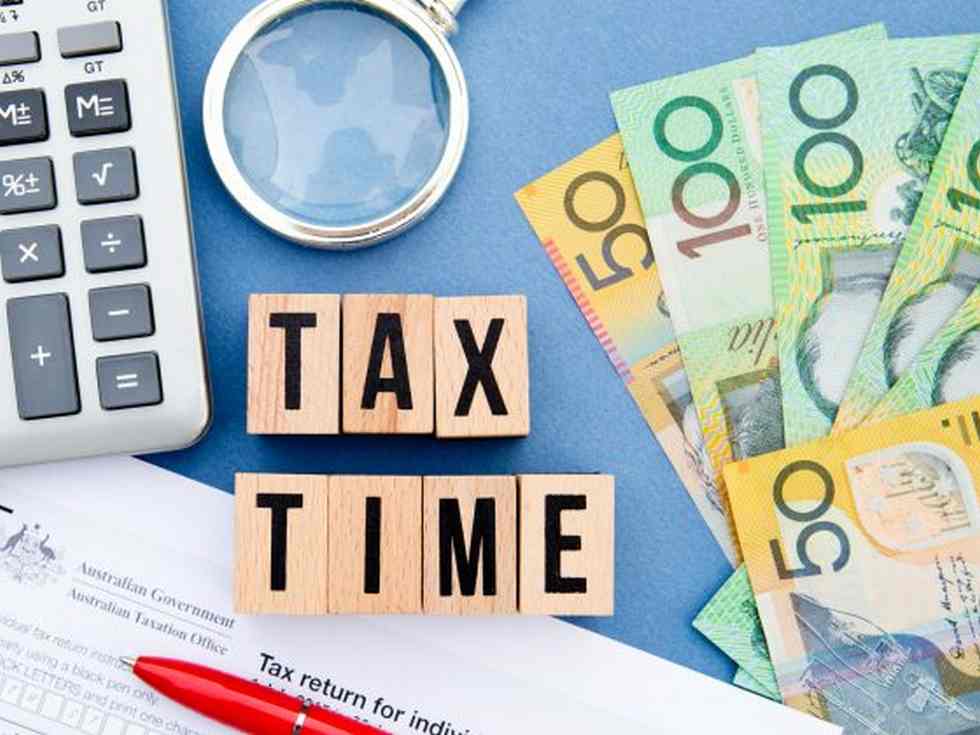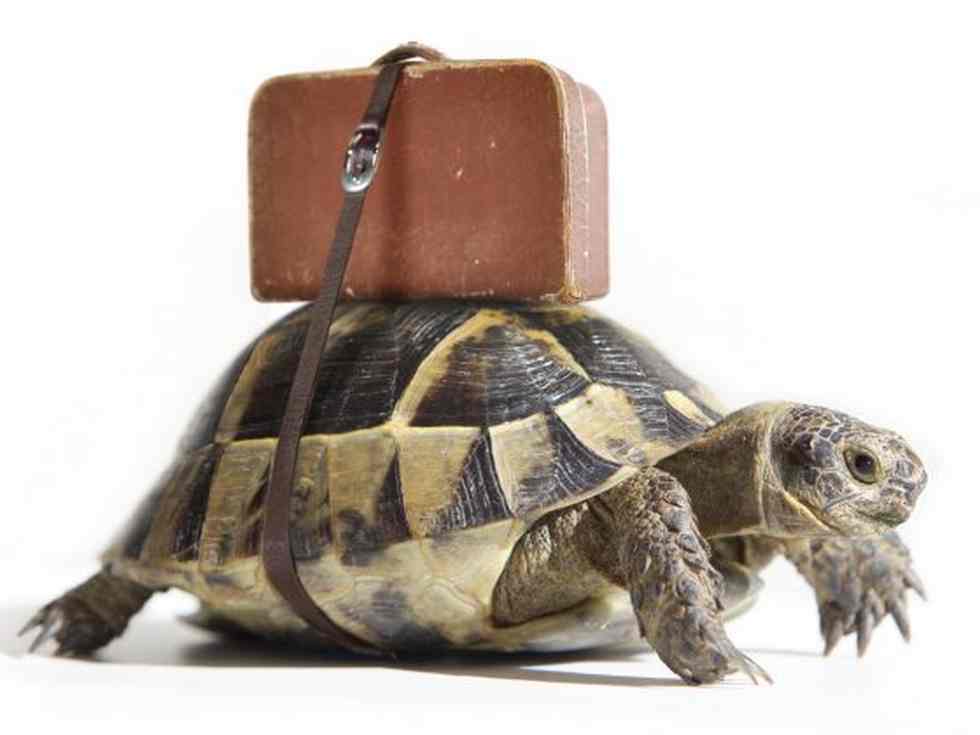Family wealth grew by $5881, a partial restoration for the quarter

A number of the worth folks misplaced in superannuation, shares and financial savings because of the COVID-19 pandemic has been recovered, quarterly figures reveal, however a bigger rebound was held again by falling property values.
A recovering financial system helped the common family’s wealth go up by $5881 within the June quarter, figures from the Australian Bureau of Statistics (ABS) reveal, however the 1.4 per cent carry wasn’t sufficient to offset the three per cent fall that passed off within the March quarter.
"The June quarter 2020 monetary accounts replicate the restoration of the Australian and worldwide monetary markets because the financial impacts of COVID-19 grew to become extra evident, and authorities and RBA insurance policies took impact,” Amanda Seneviratne stated, the pinnacle of finance and wealth on the ABS.
The common particular person’s wealth is now estimated at $433,833, the ABS stated, and it has been buoyed by a 3 per cent restoration in shares, 2.7 per cent improve in deposits, and a 5.4 per cent carry in superannuation balances.
The rise in superannuation values wouldn’t embrace the complete $33.3 billion withdrawn to this point from folks’s accounts below the federal government’s early launch of superannuation scheme, a monetary aid measure instituted to offset the monetary shock of COVID-19. By the top of the June quarter, about $18.1 billion had been withdrawn, previous a wave of individuals double dipping.
Home values path, however a big restoration is anticipated
Falling property costs offset the returning confidence in financial savings and halted a bigger restoration, the ABS stated. Residential dwelling values fell 1.2 per cent over the June quarter.
“The holding loss on residential belongings mirrored widespread falls in property costs attributable to a mix of social distancing measures (restrictions on auctions and open home inspections) and ongoing financial uncertainty,” the nation’s statistical company stated.
Property costs have fallen throughout the nation by 1.7 per cent in the latest quarter, CoreLogic stated, led by falls in Melbourne of three.5 per cent and Sydney of two.1 per cent.
Economists mission falls of 5 to six per cent throughout the nation as of subsequent 12 months, using out predicted ‘pressing’ gross sales of homes attributable to distressed mortgages, earlier than a robust restoration of 15 per cent is forecast to happen.
Financial savings bunkers supply peace of thoughts
Individuals are saving extra and spending much less because of the uncertainty led to by the pandemic, the ABS stated.
Family deposits jumped by $33.4 billion throughout the June quarter, pushed by authorities revenue assist packages resembling JobKeeper, JobSeeker and early entry to superannuation.
The rise in deposits comes as 932,000 jobs had been misplaced throughout the March and June quarters, in accordance with the ABS.
Households have been stockpiling financial savings as a approach to financially defend themselves from the unstable local weather created by the pandemic. IBISWorld estimates financial savings as a portion of disposable revenue jumped from 2.7 per cent to 7.9 per cent for the monetary 12 months ending in 2020.
And persons are anticipated to carry the financial savings buffer for a couple of years, the analysis agency stated.
“As with the post-GFC restoration, financial savings are more likely to stay at elevated ranges for at the very least the subsequent three years,” they stated, including: “Shoppers are more likely to spend cautiously as they did after the GFC.”
Client confidence exhibits indicators of returning
The extra folks maintain on to their cash, the much less they’re more likely to spend it.
It doesn’t current hurt within the brief run, a giant financial institution government stated, however a return to purchasing from companies will assist the nation climb out of its first recession in virtually three many years.
“Individuals are not spending as a lot, that’s a COVID impression. Individuals are placing cash into their financial institution deposits,” Peter King, chief government of Westpac, lately informed a parliamentary committee.
“As an financial system, we’d like extra exercise and spending … Over time we’d prefer to see the exercise driver.
“Decrease consumption means much less exercise for companies. That’s one of many challenges we now have within the financial system in the meanwhile.”
Client confidence is returning, in accordance with a pointy month-to-month rise within the Westpac-Melbourne Institute Index of Client Sentiment, although it nonetheless is fractionally behind pre-pandemic ranges.
The survey of 1200 adults discovered client confidence skilled a month-to-month bounce of 18 per cent in September to 93.8, renewing folks’s optimism on the subject of shopping for property, saving cash or in search of a job.
“Client confidence is returning to extra regular ranges,” Invoice Evans stated, chief economist at Westpac.
“Though, the sensitivity to progress in managing the virus and the opening up of economies stays key to the outlook.”





